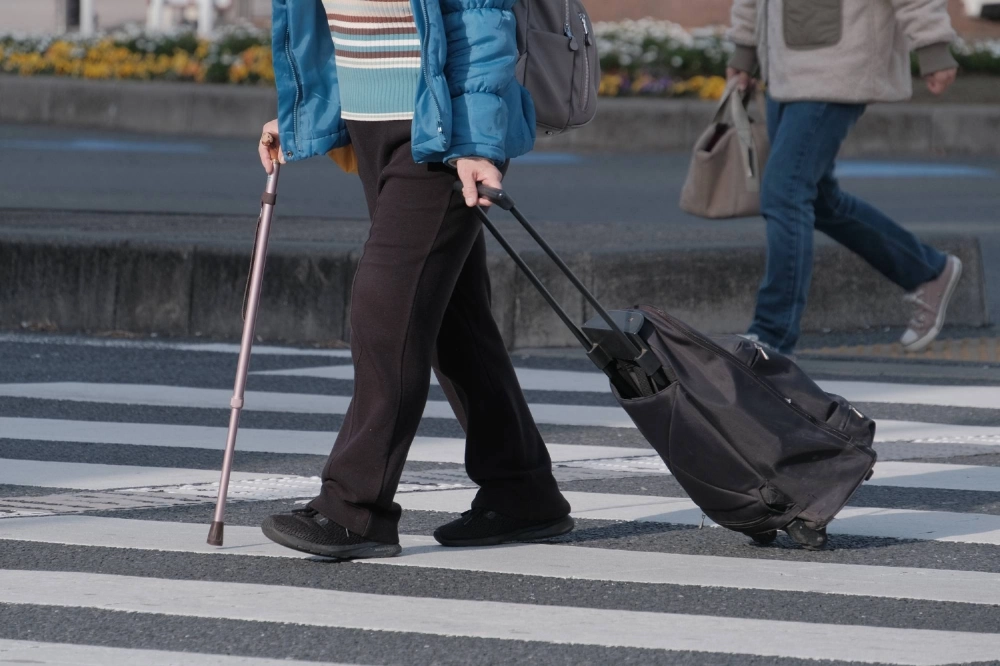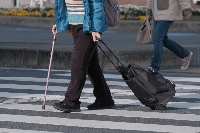The internal affairs ministry has announced that the estimated number of people age 65 or older in Japan stands at 36.19 million, as of Monday, falling by 50,000 from a year earlier.
The estimate, released ahead of Respect for the Aged Day on Monday, decreased for the first time in two years but accounted for a record 29.4% of the country's total population, up 0.1 percentage point.
According to the ministry, the population decrease is attributed to factors such as the number of deaths among those age 65 or over exceeding the number of people newly reaching 65.
The number of men age 65 or older is estimated to reach 15.68 million, making up 26.2% of the total male population, and the estimated number of women age 65 or older stands at 20.51 million, accounting for 32.4% of the overall female population.
The proportion of people age 65 or older in the total population has been increasing year by year. According to estimates by the National Institute of Population and Social Security Research, this ratio is projected to reach 34.8% in 2040, when the country's second baby boomers — those who were born between 1971 and 1974 — will turn 65 or older.
In 2024, 9.3 million people age 65 or over had jobs, with the number rising for the 21st straight year to hit a record high.
Of all workers age 15 or over, those age 65 or over accounted for 13.7%, up by 0.2 point.
The proportion of employed people among those age 65 or over increased by 0.5 point to 25.7%.
Of all workers age 65 or over, those in the wholesale and retail sectors made up the largest group, at 1.33 million, followed by 1.15 million people in the medical and welfare sectors and 1.04 million people in the services industry.
Employees in that age group excluding executives at businesses and other organizations totaled 5.63 million. Of them, 4.33 million were nonregular workers, accounting for 76.9%.



















With your current subscription plan you can comment on stories. However, before writing your first comment, please create a display name in the Profile section of your subscriber account page.